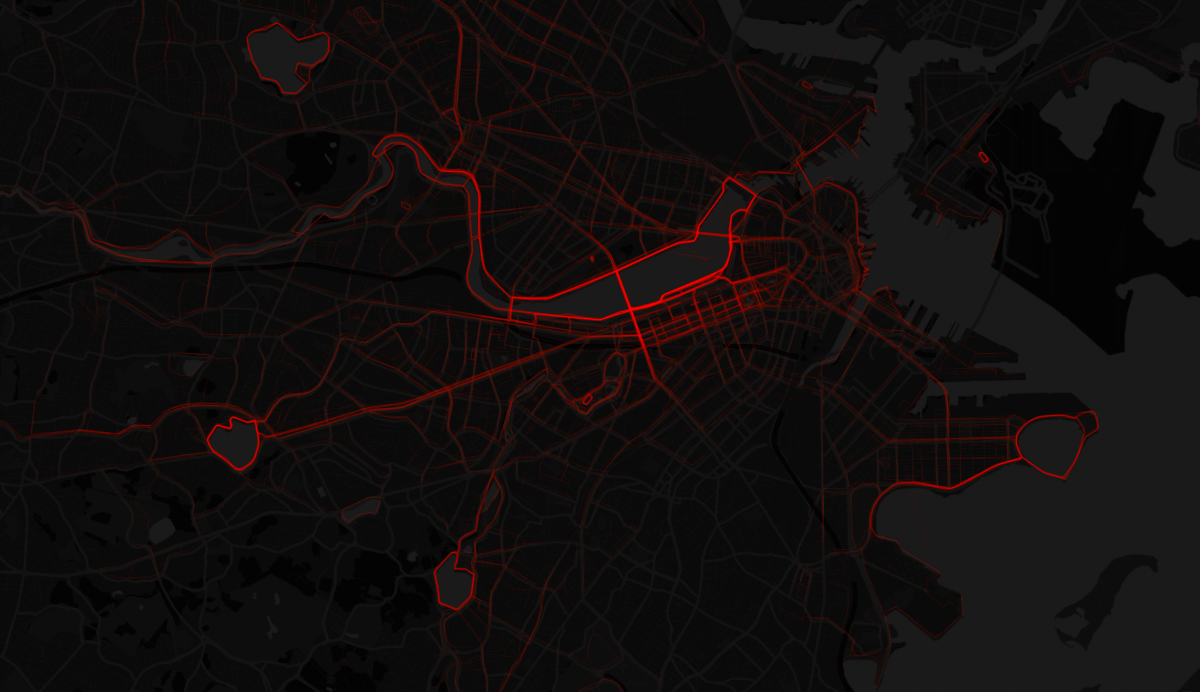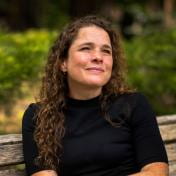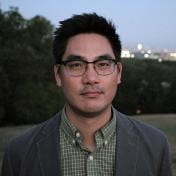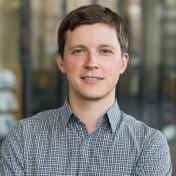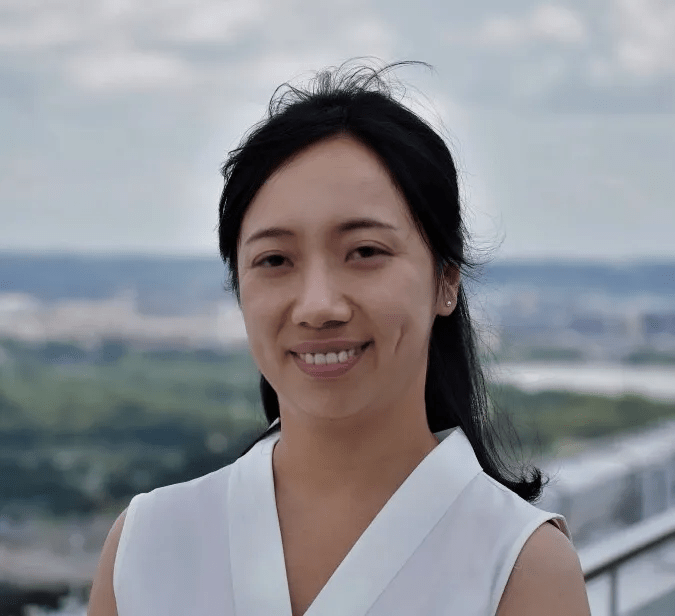In the years to come, solutions to the complex global problems, which are increasingly urban, will require an understanding of large amounts of data and a facility with analysis, visualization, sensors, and even the integration of artificial intelligence into planning and policy-making contexts in a democratic and ethical manner.
At the same time, the fields of computer science and machine learning can benefit from the urgency and “hands-on” nature of the sorts of challenges presented in policy-making and urban planning contexts and can lead to democratic and ethical innovations of technology. In short: urban planners have excellent problems, and computer scientists have excellent tools.

The 11-6 degree aims to help undergraduates use their computer science skills to make positive social impacts. For the predominantly technically-minded undergraduates at MIT, working within real urban contexts and environments will introduce them to:
- Fundamental and socially-relevant questions of equity, fairness, diversity;
- Specific applications of computer science skills (e.g. statistics, data science, geospatial analysis, and visualization) to urban-related questions;
- Diverse contexts in which technology is tested and used.

Discover Our Interdisciplinary Curriculum
The required subjects include core courses in both computer science and urban planning fundamentals, as well as lab and project-based courses that will help students synthesize and integrate across the two departments.
On the Urban Studies and Planning side, you will gain new perspectives on the history of cities and what is happening in the urban world around you today, including how to research, analyze, and understand urban environments. On the Computer Science side, they will enhance their skills in programming, statistics, data visualization, applied spatial analysis and machine learning to make compelling arguments.
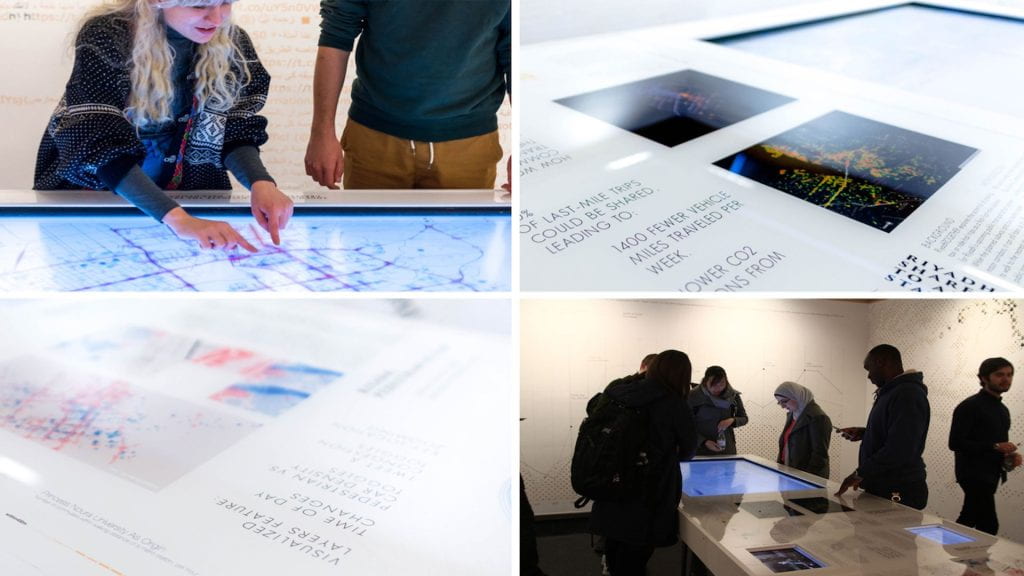

Contextualize Computer Science in Urban Planning

Develop Skills in Civic Technology Projects

Build Practical Computational Tools
I love 11-6 because I am becoming a competent computer scientist, and I get to apply those skills to topics that are meaningful to me. For instance, learning Python enabled me to contribute to a research project about neighborhood resiliency to extreme heat. That project amplified my passion for walkable cities.
Keili Tucker, 11-6, year of 2023
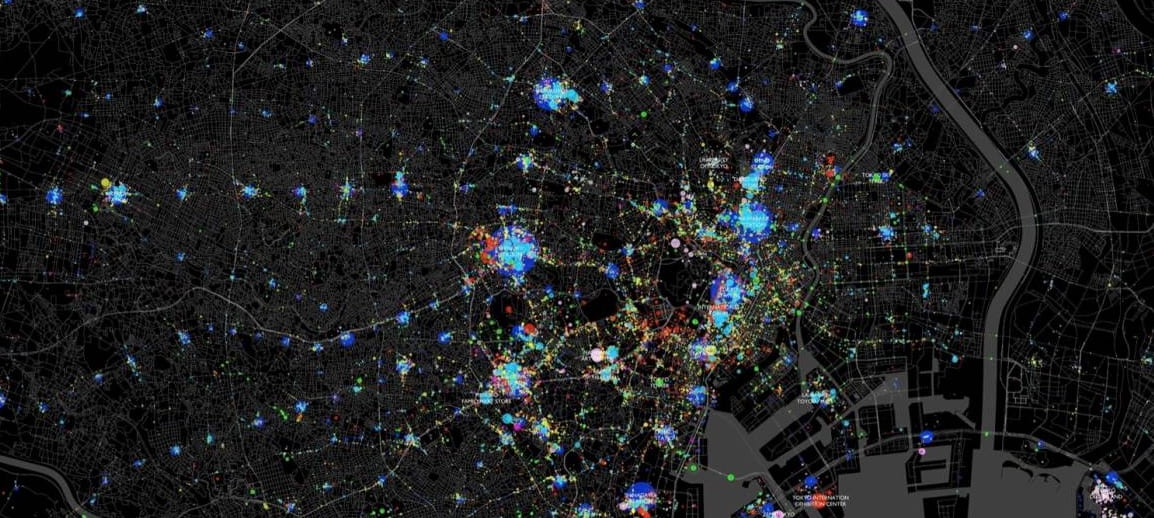
Collaborate and Inspire

This program revolves around collaborative project work. You’ll engage in experimentation and exploration at the intersection of technology, design, and urban environments, surrounded by a group of motivated peers who will both challenge and uplift you.
We provide opportunities for students to engage in ongoing faculty research, UROP research, off-campus projects, and related field experiences. These research experiences will prepare you to apply classroom learning to a real-world problem, and gain valuable professional experience.

I’m currently working on a research project that studies evictions in the City of Boston. Examining this very real social problem using computation is just what I had hoped to be doing when I first declared 11-6 and I’m excited to see how this project progresses.
Gabriel Barrett, 11-6, year of 2023

Meet Our Faculty

Contact Us
Do you have general questions about the 11-6 major such as: is this the right major for me? How can I find as a faculty advisor? Feel free to reach out to any of the individual faculty or staff members above or contact Sandra M. Elliott (sandrame@mit.edu).
